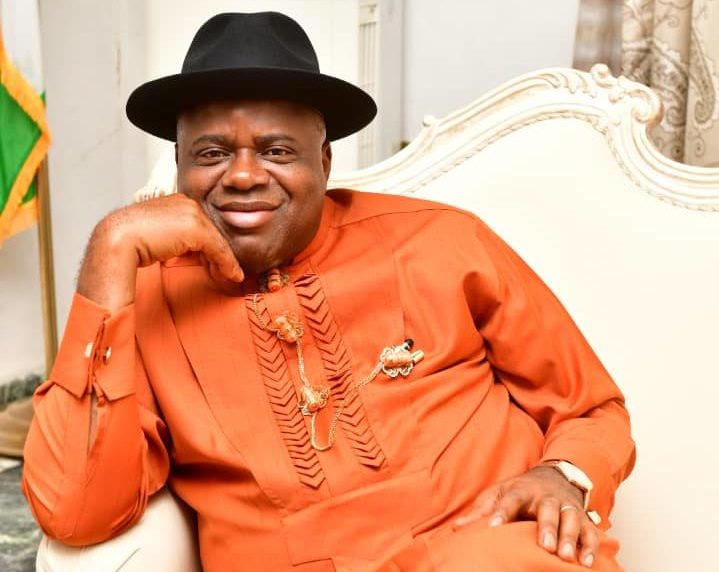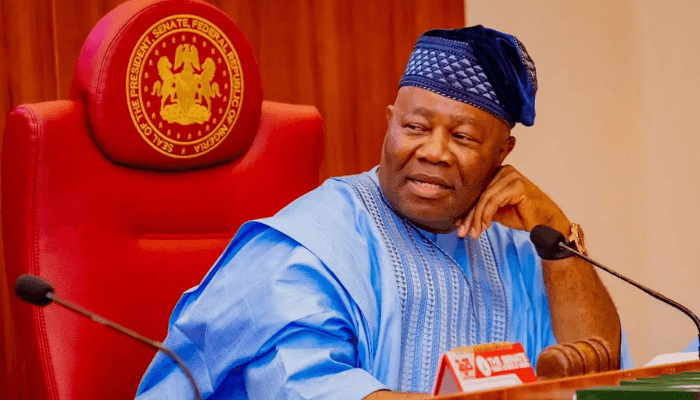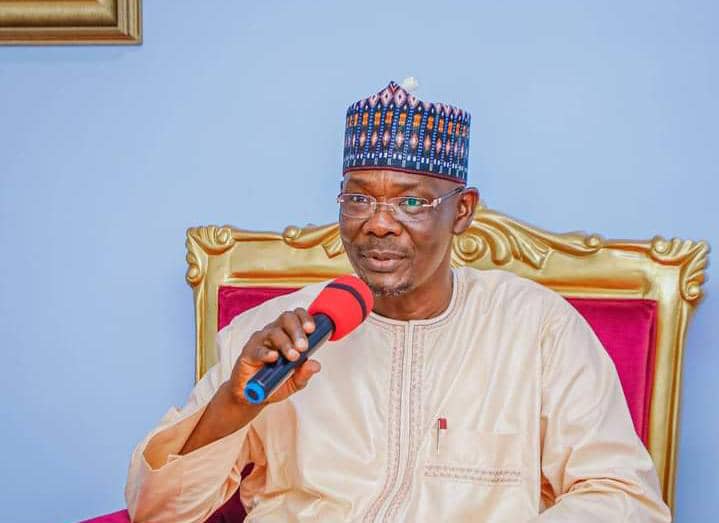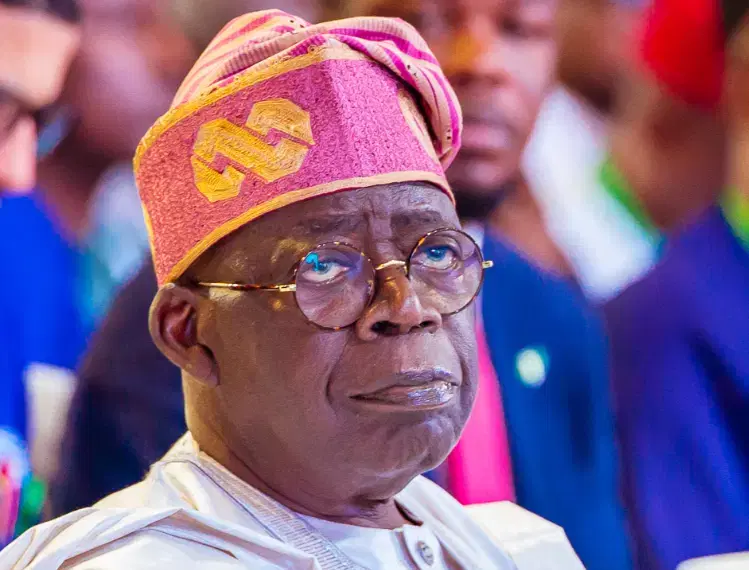The political landscape in Nigeria’s Niger Delta region has been set ablaze following a heated exchange between supporters of Federal Capital Territory (FCT) Minister Nyesom Wike and Bayelsa State Governor Douye Diri. What began as a routine security alert has snowballed into a full-blown political crisis, exposing deep fractures within the region’s power dynamics and raising questions about the true motivations behind Governor Diri’s actions.
The Genesis of the Conflict
The controversy erupted when Governor Diri convened emergency meetings of the Bayelsa State Security Council and Bayelsa Elders Council to discuss what he termed an “imminent security threat” – an alleged planned mega rally in support of FCT Minister Nyesom Wike. The governor’s office claimed the event, purportedly organized by Wike loyalists, could potentially disrupt public order in the oil-rich state.
However, the minister’s camp has responded with scathing criticism, dismissing the security concerns as nothing more than a politically motivated smokescreen. Lere Olayinka, Wike’s Senior Special Assistant on Public Communications and Social Media, launched a blistering counterattack, labeling the governor’s actions as “shamefully baseless” and accusing him of using the security alert as a cover for his administration’s failures.
A Pattern of Political Tension
This latest confrontation is not an isolated incident but rather the latest chapter in an ongoing power struggle that has been simmering beneath the surface of Niger Delta politics. Minister Wike, though now serving in a federal capacity, remains an influential figure in the region’s political calculus. His tenure as Rivers State governor was marked by both significant infrastructure development and controversial political maneuvers, cementing his reputation as a polarizing but formidable operator.
Governor Diri, on the other hand, has faced increasing scrutiny over his administration’s handling of security and economic challenges in Bayelsa. Critics argue that the governor’s decision to elevate what appears to be a routine political gathering to the level of a security threat reveals either genuine paranoia about Wike’s influence or a calculated attempt to shift focus from more pressing governance issues.
The Right to Peaceful Assembly at Stake
At the heart of the controversy lies a fundamental question about democratic rights in Nigeria. Olayinka’s pointed response highlighted this concern, asking rhetorically: “Is this how much the governor is afraid of Wike? Can the governor stop people from holding rallies in the State if they want to?”
The aide’s comments touch on a sensitive nerve in Nigerian politics, where the line between legitimate security concerns and political suppression often becomes blurred. By framing the issue as one of constitutional rights versus political intimidation, Wike’s camp has sought to position the minister as a defender of democratic freedoms against an overreaching state government.
Hypocrisy Allegations and Political Theater
Perhaps the most damaging aspect of Olayinka’s rebuttal was his recounting of Governor Diri’s past interactions with Wike. The aide painted a vivid picture of political hypocrisy, recalling how Diri had allegedly sought Wike’s support during his reelection campaign:
“When he was seeking reelection, this same Diri was brought to Wike, like a thief in the night. He was brought by the Minister of State for Petroleum, Senator Lokpobiri. David Lyon came with him then. As he was kneeling down, begging Wike to support him, he (Wike) was telling him, ‘No, don’t do that, you’re a governor, don’t do that.'”
This narrative of past subservience contrasted with current hostility serves to undermine Diri’s credibility and suggests personal rather than principled motives behind his recent actions. The implication is clear – the governor’s sudden concern about Wike’s influence may be less about security and more about settling political scores.
The Security Question: Legitimate Concern or Political Ploy?
Security analysts are divided on the merits of Governor Diri’s alert. Some argue that in Nigeria’s volatile political climate, any large gathering warrants careful scrutiny, particularly when associated with a figure as controversial as Wike. Others contend that without specific, actionable intelligence, such warnings risk being perceived as politically motivated.
The timing of the alert is particularly suspicious to Wike’s supporters, coming as it does amid growing dissatisfaction with the Diri administration’s performance. With Bayelsa facing significant challenges including rising crime rates, environmental degradation from oil operations, and economic stagnation, critics suggest the governor may be attempting to create a distraction from these pressing issues.

The Broader Niger Delta Context
This confrontation cannot be understood in isolation from the complex web of relationships and rivalries that define Niger Delta politics. The region, despite its immense oil wealth, has long struggled with governance challenges, militant activity, and fierce competition for political supremacy among its various factions.
Wike’s continued influence beyond his home state of Rivers represents a particular thorn in the side of other regional leaders like Diri, who may view the FCT minister’s political network as both a challenge to their authority and a potential threat to their own power bases. This dynamic helps explain why what might otherwise be a routine political event has been elevated to the level of a security crisis.
Potential Ramifications
The fallout from this dispute could have significant consequences for both individuals and the region as a whole:
- Political Realignments: The public nature of the feud may force other regional players to choose sides, potentially reshaping alliances in the lead-up to future elections.
- Security Implications: If the rhetoric escalates further, there are concerns it could spill over into actual violence between supporters of the two camps.
- Democratic Norms: The controversy raises important questions about the right to peaceful assembly and the appropriate use of state security apparatus in political disputes.
- Governance Focus: Critics worry that such political squabbles distract from the urgent developmental needs of the Niger Delta region.
Read Also: “Major 7.7 Magnitude Earthquake Strikes Myanmar, Topples Buildings in Bangkok”
Looking Ahead
As the war of words continues, observers will be watching for several key developments:
- Will Governor Diri provide concrete evidence to substantiate his security concerns, or will the allegations remain vague and unsubstantiated?
- How will this public feud affect Wike’s standing within the PDP and his influence in the Niger Delta?
- Will federal security agencies become involved in what is currently a state-level dispute?
- Could this confrontation mark the beginning of a broader realignment of political forces in the region ahead of the 2027 elections?
More Than Just a Political Spat
What might appear on the surface as a routine political disagreement reveals much deeper tensions in Nigeria’s oil-rich south. The Wike-Diri confrontation encapsulates the complex interplay of personal ambition, regional power dynamics, and democratic governance that characterizes Niger Delta politics.
As both sides dig in their heels, the fallout from this dispute may well extend far beyond the immediate controversy, potentially reshaping political equations in the region for years to come. What remains clear is that in the high-stakes game of Niger Delta politics, personal rivalries often become entangled with matters of governance and security, sometimes with unpredictable consequences for the region’s stability and development.
















Got a Questions?
Find us on Socials or Contact us and we’ll get back to you as soon as possible.